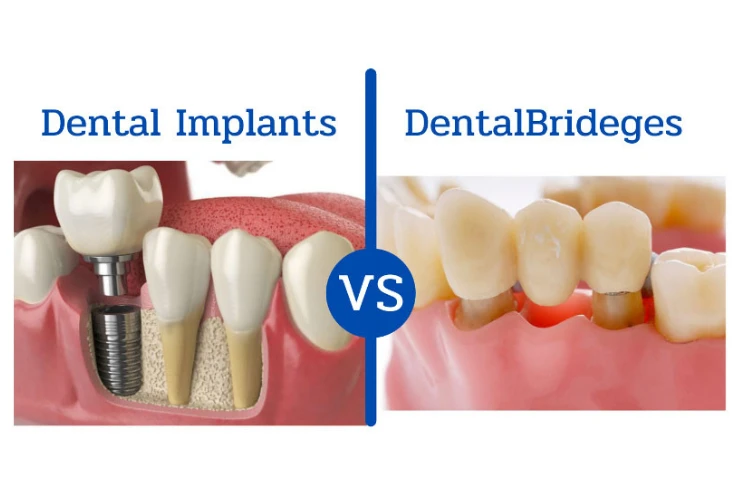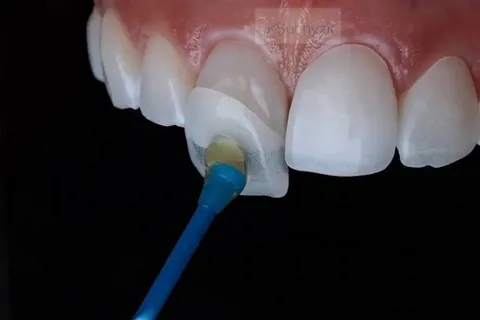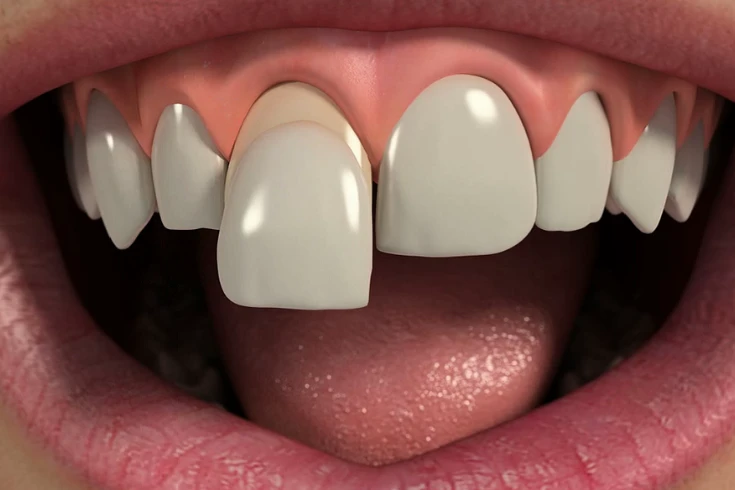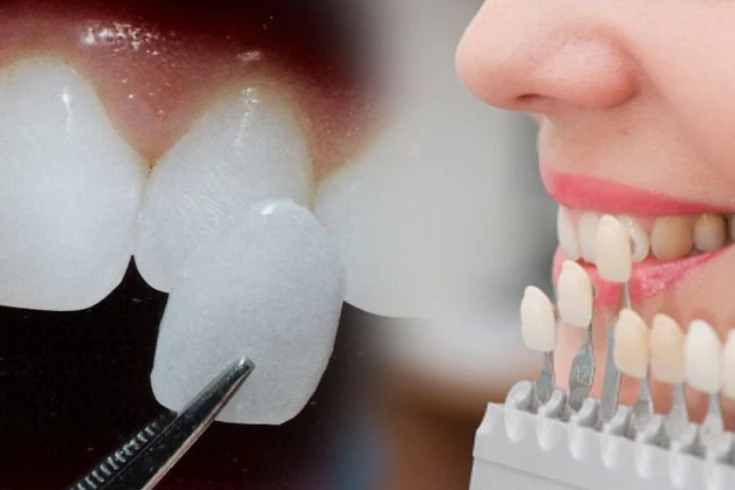Bridgs Firstly, are you confused between dental bridges vs implants which to take? Understanding the differences, benefits, and costs associated with dental bridge vs implant, it can help you make a logical decision. In this blog, we will explore the key aspects of dental bridge vs implant, highlighting the comparison points to help you decide what might be the best choice for your dental needs.
Tooth Implant vs Dental Bridge: An Overview
A dental bridge is a prosthetic device that bridges the gap created by one or more missing teeth. It consists of two or more crowns for the teeth on either side of the gap and a false tooth (or teeth) in between. The surrounding teeth, known as abutment teeth, act as anchors to hold the bridge in place.
A surgeon inserts a metal post (typically titanium) into the jawbone during a dental implant procedure to serve as a replacement root for a missing tooth. Once the implant integrates with the bone, a crown is attached to it, providing a natural-looking and functional replacement tooth.
What are the Pros and Cons of Dental Implant vs Bridge?
When considering tooth implant vs dental bridge, it is important to weigh the pros and cons of each option.
Pros and Cons of Dental Bridge:
Pros of Dental Bridge:
- Less invasive procedure compared to implants.
- Usually quicker and less expensive than implants.
- Suitable for patients with insufficient jawbone density for implants.
Cons of Dental Bridge:
- Requires alteration of adjacent healthy teeth.
- May not last as long as implants (typically 10-15 years).
- Increased risk of decay or damage to the abutment teeth.
Pros and Cons of Dental Implant:
Pros of Dental Implant:
- Long-lasting (often a lifetime with proper care).
- Does not affect adjacent teeth.
- Helps preserve jawbone density and structure.
- Feels and functions like a natural tooth.
Cons of dental implant:
- More invasive and requires surgery.
- Longer healing period (several months for osseointegration).
- Generally higher cost compared to bridges.
The Procedure Difference between Dental Bridges vs Implants
What is the procedure for Dental Bridge?
- Initial Consultation:
- The dentist examines your oral health and discusses your options.
- Teeth Preparation:
- The dentist prepares the abutment teeth (the adjacent ones) by removing a portion of their enamel to create space for the bridge.
- Impressions:
- You have your teeth impressed to create a mold. The bridge is fabricated using this mold.
- Temporary Bridge:
- The dentist may place a temporary bridge to protect the prepared teeth while we make the permanent bridge.
- Fitting the Permanent Bridge:
- After preparing the permanent bridge, we fit and adjust it to ensure proper bite and comfort. We then cement the bridge in place.
What is the procedure for Dental Implant?
- Initial Consultation:
- Comprehensive examination and imaging (X-rays, CT scans) to assess bone structure and plan the implant placement.
- Bone Grafting (if needed):
- An insufficient bone can be built up using a graft.
- Implant Placement Surgery:
- The implant (a titanium post) is surgically placed into the jawbone. For osseointegration to cure, which is the growth of bone around the implant, several months are required.
- Abutment Placement:
- Once the implant has fused with the bone, an abutment (connector piece) is attached to the implant.
- Crown Placement:
- A dental professional creates and attaches a custom-made crown to the abutment, thus completing the implant procedure.
Understanding of Aftercare & Recovery of dental bridge vs implant
Aftercare for dental implants consists of the following points:
- Oral Hygiene: Brush twice a day, floss daily with special tools, and use antimicrobial mouthwash.
- Diet: Soft diet initially; avoid hard or sticky foods.
- Smoking: Strongly advised to avoid smoking.
- Physical Activity: Limit strenuous activities post-surgery.
- Monitoring: Regular dental check-ups to monitor implant health and look for signs of peri-implantitis.
Dental Bridge Aftercare consists of the following points:
- Oral Hygiene: Brush twice a day, floss daily with floss threaders or water flossers, and use antimicrobial mouthwash.
- Diet: Avoid very hard or sticky foods.
- Monitoring: Routine dental visits to check the bridge and supporting teeth.
- Protection: Use a mouth guard if you grind your teeth.
In short,
Dental Implants: Require more intensive care initially due to surgery and long-term maintenance to prevent infection around the implant.
Dental Bridges: Focus on maintaining the health of the abutment teeth and ensuring proper cleaning around and under the bridge.
What is the Cost of Dental Implant and Dental Bridge?
One of the most significant factors in choosing between a dental implant vs. bridge is the cost. On the other hand, the dental bridge vs. implant cost can vary widely depending on several factors, including the complexity of the procedure, materials used, and geographical location.
Dental Bridge Cost: Typically ranges from $500 to $1,200 per tooth. While the initial cost may be lower, bridges may require replacement or repair over time, adding to the long-term expense.
Dental Implant Cost: Generally, ranges from $1,000 to $3,000 per implant. Despite the higher upfront cost, implants are a long-term solution that may not require additional treatment or replacement, making them a cost-effective choice over time.
Frequently Asked Questions
Which is more durable, a bridge, or an implant?
Dental implants tend to be more durable in the long term because they integrate with the jawbone, providing stable support similar to natural teeth. However, dental bridges can also last a long time with proper care.
Which option is more expensive?
Generally, dental implants are more expensive upfront compared to dental bridges. However, considering their longevity and the potential need for future replacements or repairs, the overall cost may vary for each patient.
How long does each procedure take?
Generally, dental implant procedures require multiple appointments. The surgical placement of the implant is just the first step. After this, there is a healing period before the final restoration is placed. Patients typically undergo dental bridge procedures with fewer appointments needed and a completion time within a few weeks.
Which option is more invasive?
Dental implant placement is a surgical procedure that involves drilling into the jawbone to insert the implant. It may require bone grafting in some cases. Dental bridge placement typically does not involve surgery on the jawbone but may require preparation of the adjacent teeth to support the bridge.
Can anyone get dental implants or bridges?
Basically, not everyone is a candidate for dental implants, as they require a sufficient amount of healthy jawbone for successful placement. Additionally, patients must be in good overall health and free from certain medical conditions that could interfere with the healing process. Dental bridges may be a suitable option for those who are not candidates for implants.





